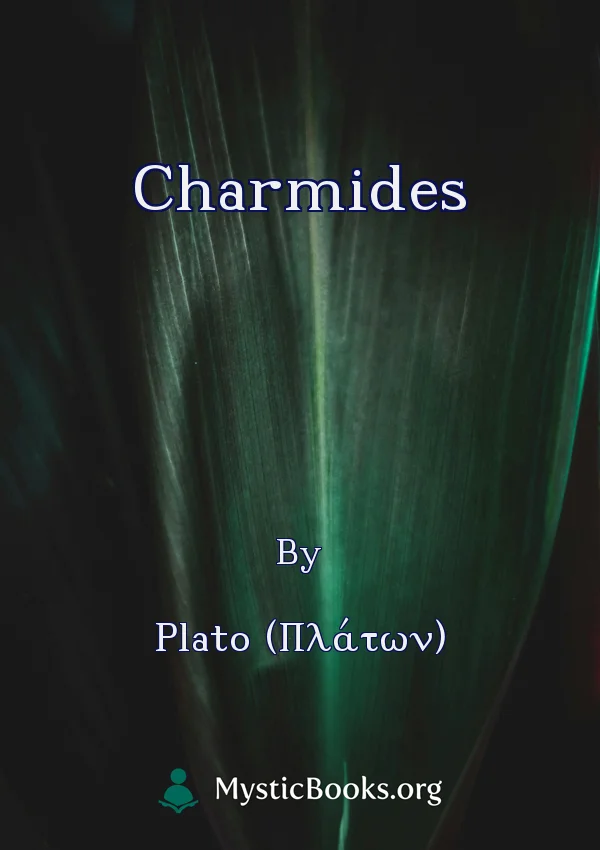
Charmides
'Charmides' Summary
The dialogue begins with Critias praising Charmides for his youthful beauty and good manners, suggesting that he embodies temperance. Socrates, however, is skeptical of this superficial assessment and begins to question Charmides about his understanding of temperance. Through a series of exchanges, Socrates reveals that Charmides' conception of temperance is limited to outward control and a lack of bad behavior. Socrates argues that true temperance is more than just a matter of outward appearance; it involves a deeper understanding of the soul and its harmonious functioning. The dialogue then shifts to a discussion of the nature of the soul, with Socrates suggesting that it has different parts, each with its own desires and impulses. He argues that temperance is achieved when these different parts are brought into harmony by reason, enabling the soul to act in accordance with what is truly good. Socrates's probing questions ultimately lead Charmides and Critias to realize the difficulty of defining temperance and the depth of the philosophical questions surrounding it. The dialogue concludes without a definitive answer, leaving the reader to ponder the nature of virtue and its role in human life.Book Details
Language
EnglishOriginal Language
Published In
Genre/Category
Tags/Keywords
Authors
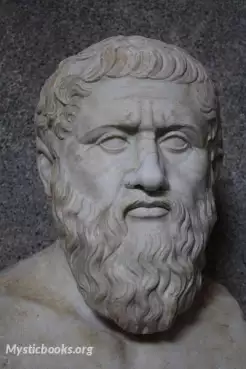
Plato (Πλάτων)
Greece
Plato ( Classical Attic; 428/427 or 424/423 – 348/347 BC)) was an Athenian philosopher during the Classical period in Ancient Greece, founder of the Platonist school of thought and the Academy,...
Books by Plato (Πλάτων)Download eBooks
Listen/Download Audiobook
- Select Speed
Related books
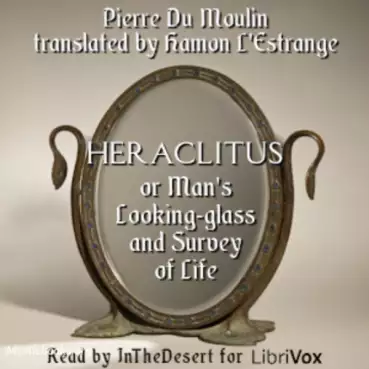
Heraclitus, or Man's Looking-glass and Survey of Life by Pierre Du Moulin
It is a philosophical treatise that explores the nature of human life and the meaning of existence. Through the lens of the ancient Greek philosopher,...

Jerusalem to Revelations - A Quartet of Spiritual Explorations by Anonymous
This book presents four distinct spiritual journeys, each offering a path to salvation and understanding the process of death and rebirth. It begins w...

Eleven Theses on Feuerbach by Karl Marx
The “Theses on Feuerbach” are eleven short philosophical notes written by Karl Marx in 1845. They outline a critique of the ideas of Marx’s fellow You...

Нездешние вечера (Otherwhere Nights) by Mikhail Kuzmin
The collection of poems \"Otherwhere Nights\" by Mikhail Kuzmin was written in the turbulent years of the First World War and the Russian Revolution....
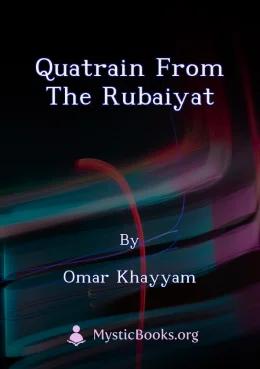
Quatrain from the Rubaiyat by Omar Khayyam
This book presents a single quatrain from the Rubaiyat of Omar Khayyam, translated by Henry George Keene. Keene's translation, while lesser known tha...
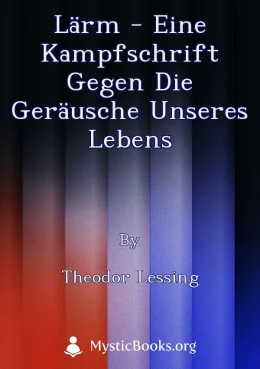
Lärm - Eine Kampfschrift gegen die Geräusche unseres Lebens by Theodor Lessing
In "Lärm", Theodor Lessing explores the pervasive problem of noise in modern life. He analyzes the effects of noise on individuals and society, delvin...

Seven Sages and Delphic Maxims - Ἑπτὰ Σοφοὶ καὶ Δελφικὰ Παραγγέλματα by Joannes Stobaeus
This book presents the teachings of the Seven Sages of Greece and the Delphic Maxims, a collection of aphorisms inscribed at the Temple of Apollo at D...

Autobiography of Goethe Volume 2 by Johann Wolfgang von Goethe
Goethe's *Autobiography*, a two-volume work, offers an intimate and insightful chronicle of his life and experiences, spanning from his youth to his m...
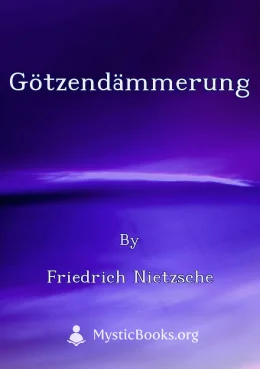
Götzendämmerung by Friedrich Nietzsche
Diese kleine Schrift ist eine grosse Kriegserklärung; und was das Aushorchen von Götzen anbetrifft, so sind es dies Mal keine Zeitgötzen, sondern ewig...
Reviews for Charmides
No reviews posted or approved, yet...
